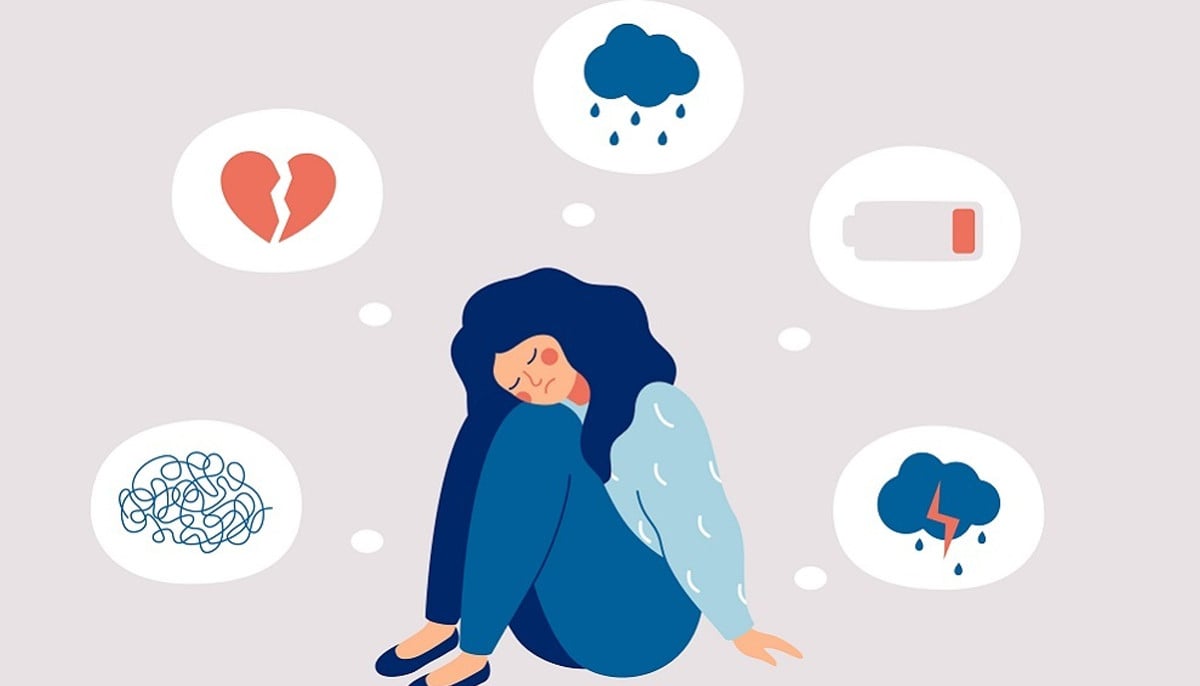Sleep struggles in midlife may harm brain function in later years: study
Researchers emphasise that new study shows an association between poor sleep and faster brain ageing
A recent study has highlighted the critical need to tackle sleep issues earlier in life as it revealed that having trouble sleeping during one's 40s may accelerate brain ageing, with effects becoming more pronounced in their 50s.
While highlighting the study's findings, author Dr Kristine Yaffe of UC San Francisco emphasised the importance of maintaining a consistent sleep schedule, exercising, avoiding caffeine before going to bed and using relaxation techniques earlier in life to "preserve brain health" in later years.
Nearly 600 adults around 40 years old completed a sleep questionnaire at the start of the study and five years later, the New York Post reported.
The questions included: "Do you usually have trouble falling asleep?” "Do you usually wake up several times at night?" and "Do you usually wake up far too early?"
The researchers noted if participants experienced short sleep duration, poor sleep quality, troubles falling asleep, difficulty staying asleep, early morning awakening or daytime sleepiness.
Experts generally recommend seven to nine hours of shuteye a night.
Participants were divided into three groups based on their sleep traits. Those in the low group (about 70%) had none or one of the six characteristics.
Middle group participants (22%) had two or three, and those in the high group (8%) had four to six.
Fifteen years later, participants underwent cranial scans that helped researchers calculate their brain age.
Researchers determined that middle group brains were 1.6 years older on average than low group brains. Those in the high group had an average brain age 2.6 years older.
Of the six sleep habits, poor sleep quality, difficulty falling and staying asleep and early morning awakening were linked to greater brain age, especially when people experienced these problems for at least five years.
The findings of the study, which was funded by the National Institute on Aging, were published recently in the online issue of Neurology, the medical journal of the American Academy of Neurology.
The researchers emphasized that their study does not prove that poor sleep accelerates brain aging — it only shows an association between the two.
One limitation of the research is that participants reported their own sleep problems and they may not have accurately characterized them.
"Future research should focus on finding new ways to improve sleep quality and investigating the long-term impact of sleep on brain health in younger people," Yaffe said.
-
Anti-inflammatory teas to keep your gut balanced
-
Emma Stone reveals she is ‘too afraid’ of her ‘own mental health’
-
5 simple rules to follow for smooth, healthy hair
-
Expert discusses 'complications' of measles outbreak
-
Are statins safe to use? New study debunks long-feared side effects
-
New research busts major PTSD myth
-
Shocking gender link in autism comes to light
-
Same name, different disease: A guide to type 1 and type 2 diabetes












